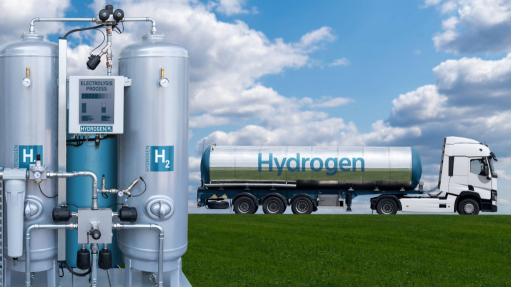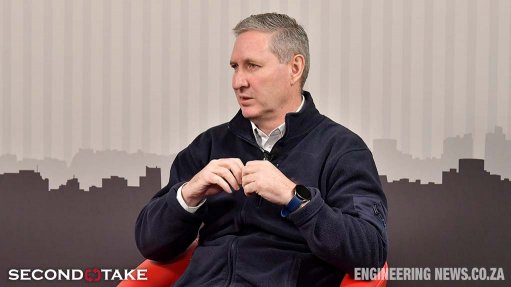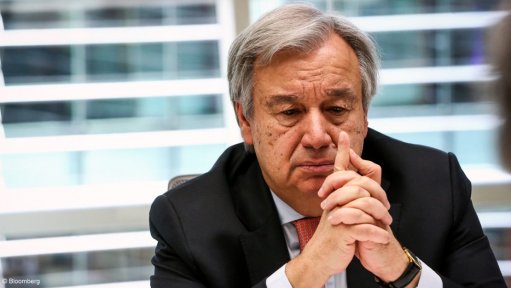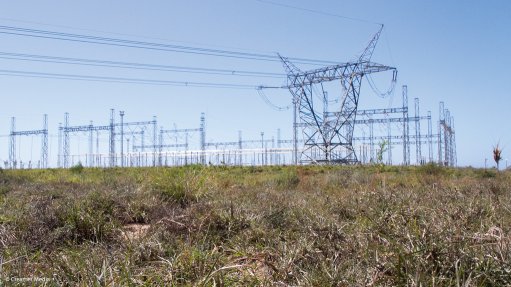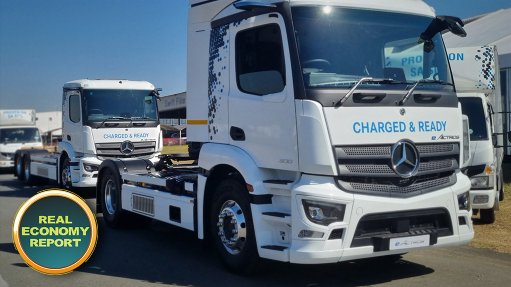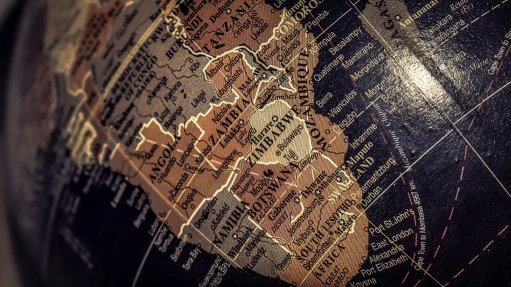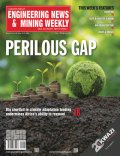Opinion: Let’s talk about the well-lit elephant in the room
In this article, BDO South Africa partner and renewable energy expert Nato Oosthuizen shares his insight on where the country is at with loadshedding and the reasons why he is cautiously optimistic about the potential for a brighter future for South Africa.
The beginning of May marks the longest period the country has had uninterrupted power since 2022. As much as people are enjoying the respite, many cannot help but notice that it comes just as political parties are ramping up campaigns before the country goes to the polls on 29 May. This is especially pertinent because this year, the ruling African National Congress is running the risk of losing its parliamentary majority – something it has held tightly on to for the last 30 years.
However, while it is easy to be sceptical, considering that in 2022 and 2023 the country experienced over 205 and 332 days of loadshedding, respectively, we cannot ignore some of the key factors that are contributing to grid stability.
According to the South African Reserve Bank’s (SARB) Monetary Policy Review for April, improvements in power stability are happening quicker than previously projected. So much so that it has lessened the scale of economic impact loadshedding is to have. But why the recovery?
Firstly, Eskom has fixed some of its biggest plants. The utility has reported a 9% reduction in unit breakdowns since April 2023 and spent 50% less on diesel this month compared with last year. According to its Group CE Dan Marokane, even though the reduction may seem minimal, it is critical for managing the intensity of loadshedding. The utility is predicting that the country can expect the power to be maintained within Stage 2 for the winter months.
Secondly, Eskom has finally agreed to move away from monopolistic control and invited the private sector, along with international funders, to participate in the recovery process. President Cyril Ramophosa confirmed in March this year that, under the leadership of its new Group CEO, Eskom is finalising an agreement with business to deploy additional independent skilled experts to support the utility.
Then, the ongoing State-incentivised rooftop solar projects aimed to reach an installed capacity of 6 000 MW by year-end have also contributed significantly to national energy needs. South Africa has been slowly increasing its investment in renewable energy, particularly solar and wind, which may be starting to pay dividends in terms of power supply stability. The government’s commitment to renewable energy in its Integrated Resource Plan indicates a strategic shift that might be beginning to influence the power landscape positively.
Finally, changes in management and an aggressive maintenance-led recovery strategy – the utility achieved a 65% energy availability factor (EAF), an essential performance metric for Eskom as it directly affects loadshedding – is securing victory in the power utility’s efforts to enhance its fleet’s reliability and efficiency. The return of Medupi Unit 4 (800 MW), Koeberg Unit 2 (980 MW) and the synchronisation of Kusile Unit 6 (800 MW) will add another 2 580 MW to the grid in the next six months, which also will help reduce loadshedding.
However, as the private sector starts to entrench its alternative energy footprint with the increase and expansion of solar rooftop solutions and private IPPs servicing the mining, industrial, corporate and private market, and the country starts to feel the impact of this progression, a decline in revenue for Eskom will start to become increasingly evident. This could spell even tougher financial times ahead for the utility, and some difficult decisions may need to be considered such as business restructuring and perhaps even retrenchments – a move that would have political ripple effects.
This could be the real elephant in the room and one can only hope that post-election day, the new leadership of the country will have the courage to do what is necessary to keep improving Eskom’s financial sustainability. If not, we stand to lose the momentum we have gained as average electricity prices will have increased by 5.5 times the expected 2010 level by 2024/25.
CPI inflation and bailouts are not sound strategies to keep the lights on, so we ask: what is the plan?
Comments
Press Office
Announcements
What's On
Subscribe to improve your user experience...
Option 1 (equivalent of R125 a month):
Receive a weekly copy of Creamer Media's Engineering News & Mining Weekly magazine
(print copy for those in South Africa and e-magazine for those outside of South Africa)
Receive daily email newsletters
Access to full search results
Access archive of magazine back copies
Access to Projects in Progress
Access to ONE Research Report of your choice in PDF format
Option 2 (equivalent of R375 a month):
All benefits from Option 1
PLUS
Access to Creamer Media's Research Channel Africa for ALL Research Reports, in PDF format, on various industrial and mining sectors
including Electricity; Water; Energy Transition; Hydrogen; Roads, Rail and Ports; Coal; Gold; Platinum; Battery Metals; etc.
Already a subscriber?
Forgotten your password?
Receive weekly copy of Creamer Media's Engineering News & Mining Weekly magazine (print copy for those in South Africa and e-magazine for those outside of South Africa)
➕
Recieve daily email newsletters
➕
Access to full search results
➕
Access archive of magazine back copies
➕
Access to Projects in Progress
➕
Access to ONE Research Report of your choice in PDF format
RESEARCH CHANNEL AFRICA
R4500 (equivalent of R375 a month)
SUBSCRIBEAll benefits from Option 1
➕
Access to Creamer Media's Research Channel Africa for ALL Research Reports on various industrial and mining sectors, in PDF format, including on:
Electricity
➕
Water
➕
Energy Transition
➕
Hydrogen
➕
Roads, Rail and Ports
➕
Coal
➕
Gold
➕
Platinum
➕
Battery Metals
➕
etc.
Receive all benefits from Option 1 or Option 2 delivered to numerous people at your company
➕
Multiple User names and Passwords for simultaneous log-ins
➕
Intranet integration access to all in your organisation










